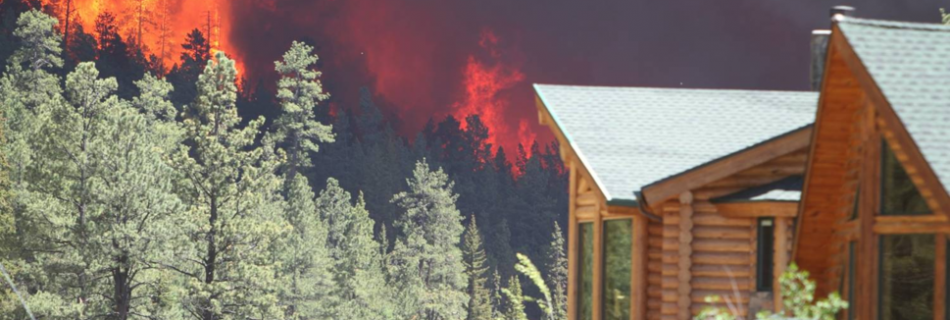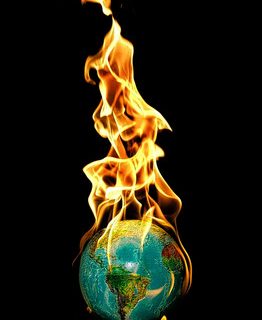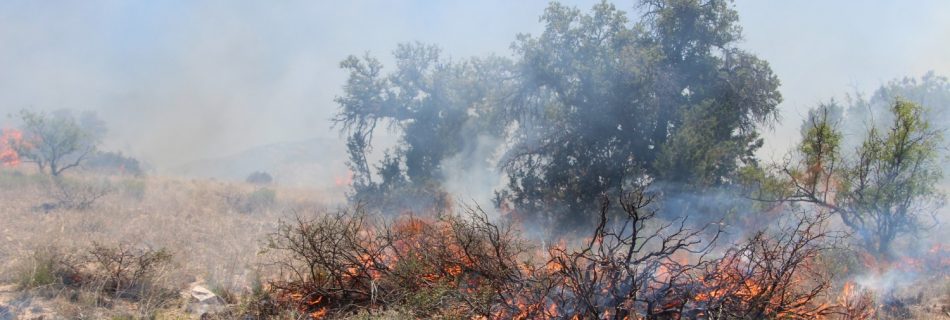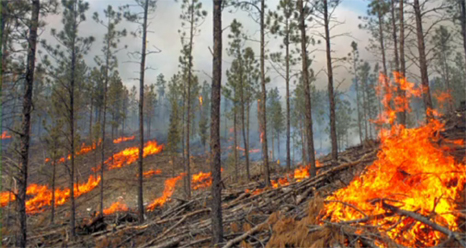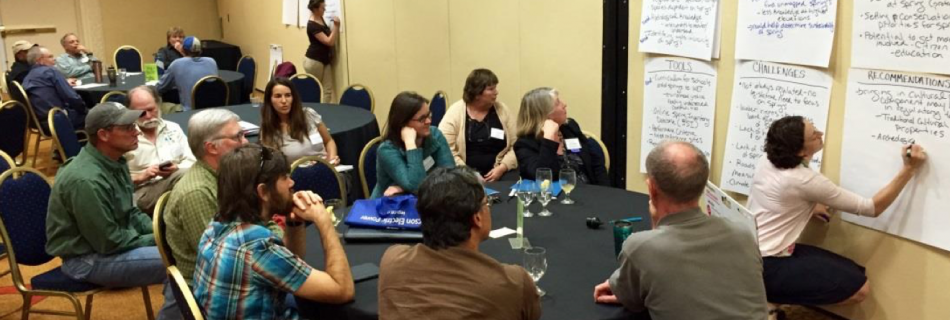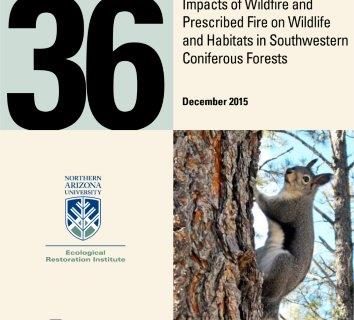The importance of fire in many western ecosystems cannot be overstated. On the Kaibab National Forest, fire provides habitat for wildlife, maintains watersheds, and supports forest health and productivity. Fire also influences a wide range of values, resources, and ecosystem services. On the Kaibab, resource specialists have a strong understanding and appreciation for the benefits of fire, and they work closely with the fire staff to ensure that fire management and resource management are one in the same. View the YouTube video here.
March 2016: Arizona WUI Summit and Firewise Conference
This 2-day summit equipped the homeowner as well as fire departments and firefighters with information and actions they can take to reduce loss and increase safety in their community. Topics included fire ecology, hazard fuel reduction grants, insurance issues, risk assessments, Fire Adapted Communities, Ready, Set, Go!, Firewise principles, emergency management, forest health, and various programs …
Read more “March 2016: Arizona WUI Summit and Firewise Conference”

